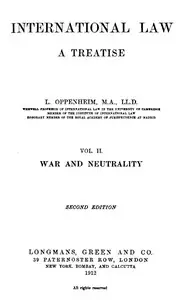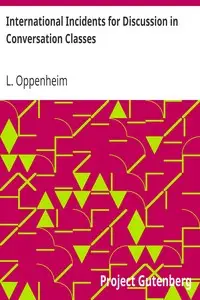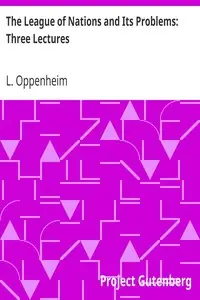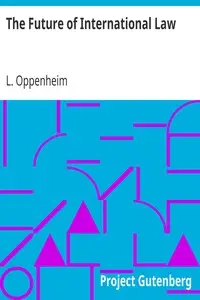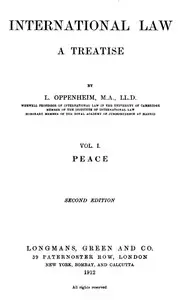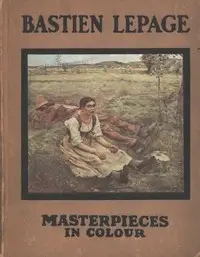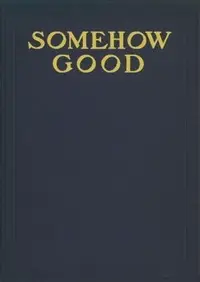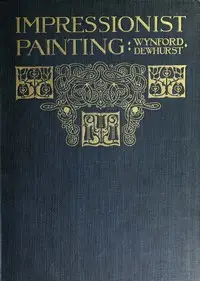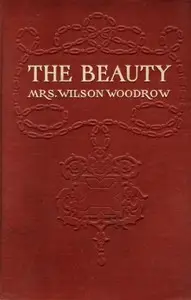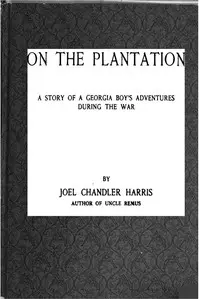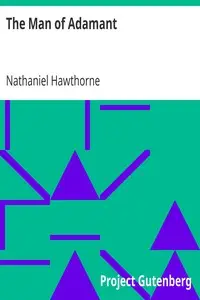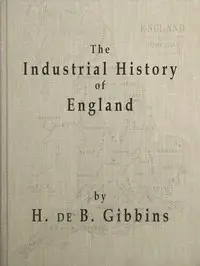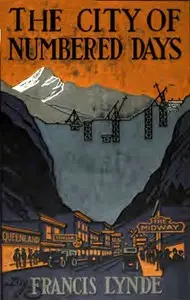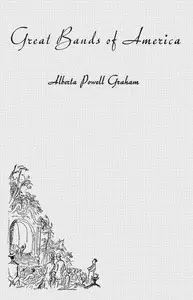"The Panama Canal Conflict between Great Britain and the United States of America" by L. Oppenheim is a historical account written in the early 20th century. This scholarly work delves into the intricate diplomatic disagreements surrounding the construction and operation of the Panama Canal, particularly focusing on the interpretations of treaties that govern its use, specifically the Hay-Pauncefote Treaty. It critically examines the legal obligations and assertions made by both the United States and Great Britain regarding the equal treatment of vessels using the canal. In this study, Oppenheim methodically addresses the core conflict stemming from differing interpretations of Article III of the Hay-Pauncefote Treaty, asserting that the United States’ exemption of its own vessels from tolls creates a discriminatory practice against foreign nations. He argues that such interpretations contradict the treaty's intention of ensuring equal treatment of all nations. Through a detailed analysis of historical treaties, legislative acts, and diplomatic exchanges, Oppenheim emphasizes the importance of arbitration and international law. He also notes the need for the United States to adhere to its treaty obligations to maintain its position as a proponent of international arbitration, underscoring the broader implications for international relations and law. This work serves as a vital examination of a significant historical episode, offering insights into the complexities of international treaties and diplomacy. (This is an automatically generated summary.)
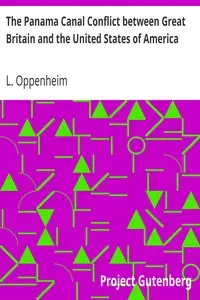
The Panama Canal Conflict between Great Britain and the United States of America A Study
By L. (Lassa) Oppenheim
"The Panama Canal Conflict between Great Britain and the United States of America" by L. Oppenheim is a historical account written in the early 20th c...
Genres
Released
2007-07-25
Formats
epub
epub3 (images)
mobi
mobi (images)
epub (images)
Free Download
Overview
About the Author
Lassa Francis Lawrence Oppenheim was a German jurist. He has been characterized as the father of the modern discipline of international law, especially the hard legal positivist school of thought. His two-volume International Law: A Treatise has influenced international law. He inspired Joseph Raz and Prosper Weil.
Total Reviews
10.0k
Total reviews from Goodreads may change

